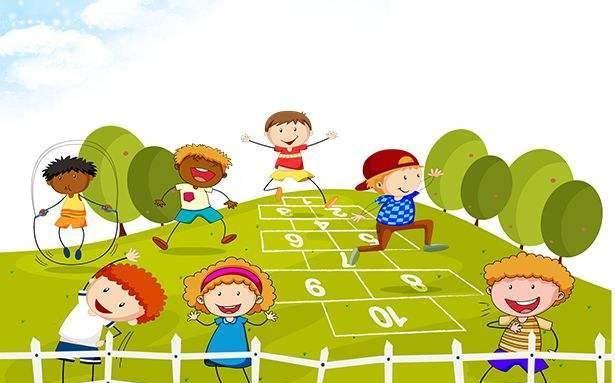
The personality of infants aged 4 to 7 months may undergo a drastic shift. At the beginning of this phase, he may seem relatively passive, only focusing on eating and sleeping enough, and needs to pay enough attention. But when he learned to sit up straight, learned to use his hands, and learned to move around, he began to have his own ideas and became more concerned about the outside world. He loves to reach out and touch everything, and if he can't, he will ask you for help by screaming, knocking, or throwing away the nearest thing on hand. But when you come to help him, he probably forgot what he just did and focused on you — smiling at you, laughing, teething or imitating you. Although he will get tired of playing with it quickly no matter how interesting the toys, he will never tire of your attention.
Much of a baby's personality is determined by his innate temperament. Is he impatient or docile? Cheerful or irritable? Stubborn or obedient? For the most part, these are innate character traits. Just as babies are different in height and body type, their temperament is also different. Temperament includes being active, being persistent about things, and adapting to the world around you, traits that will become more pronounced over the course of several months. You don't necessarily like all of his personality traits, especially when you're faced with a 6-month-old baby who's frustrated and screams because he can't hit his pet cat at home.
But in the long run, accepting his nature is the best option. Because your child's personality is real and will directly affect you and other family members, it's important to get to know him as well as possible. Your child's style of behavior can affect the way you raise children, and sometimes even how you feel about yourself. For example, a docile, good-tempered child is more likely to make you feel competent for the role of mother than a child who is often angry. You may have found that some babies are "nice to carry", quiet and easy to control, but others are more troublesome to bring up. Individualistic, sensitive babies need more patience and gentle guidance. They often don't adapt well to the changes around them, and if they are forced to act before they are ready, they become more frustrated. As long as you recognize and adapt to your child's personality, rather than resisting or trying to change your child's personality, you will handle it better and reduce the pressure of raising your child. Conversations and hugs sometimes have a magical effect on soothing irritable babies. Diverting attention helps him refocus. For example, he screams because you won't pick up the toy he threw away for the 10th time, and you can put him on the floor and let him pick up the toy himself.
Shy or sensitive babies also need special attention, especially when there are other noisy children in the family, and their presence is overlooked. If your child is quiet and doesn't need much, it's easy to think he's satisfied, or if your child isn't smiling, you may not play with him very often. But such children tend to need more interaction than other children. He can easily get overwhelmed and need you to show him how to be active in order to get involved. In various cases, give him plenty of time to "warm up" and make sure to take it slowly when others touch him. Before trying to get him to join, let him stay by the side for a while. Once he puts his mind at ease, he will gradually have a more obvious reaction to the people around him. If you are concerned about your child's emotional development, discuss it with your pediatrician. He can help you, but your concerns are often difficult to spot during regular check-ups. That's why it's important for you to get the doctor's attention and describe the results of your daily observations – you can usually make some notes so as not to forget. And relax, as long as you give the child time and patience, some of his personality traits that you hope to change will change in the future. Until then, enjoy his true nature.